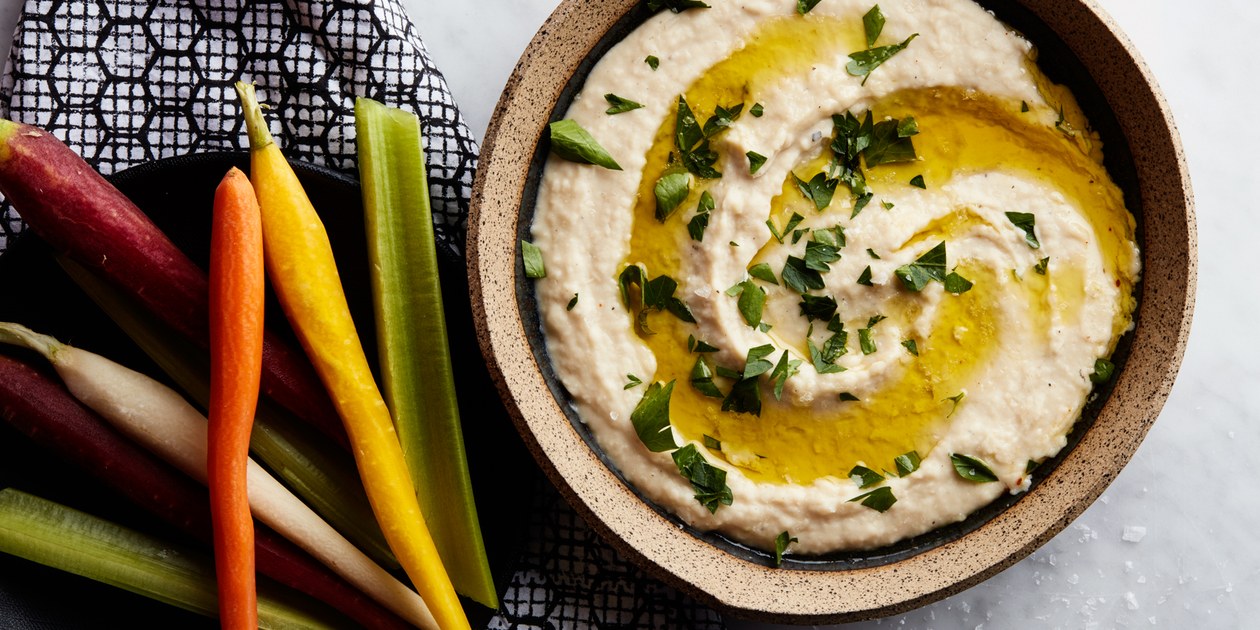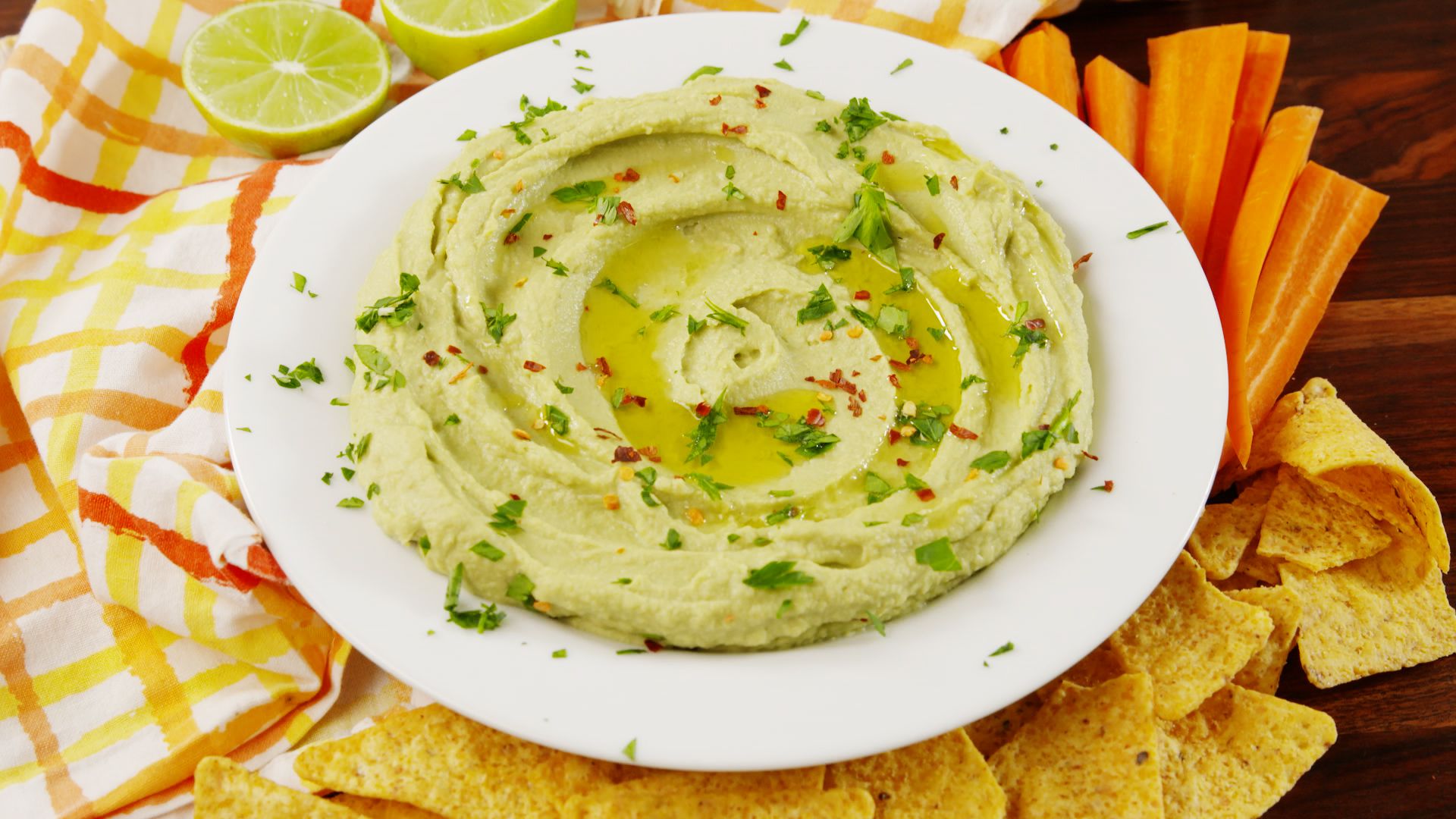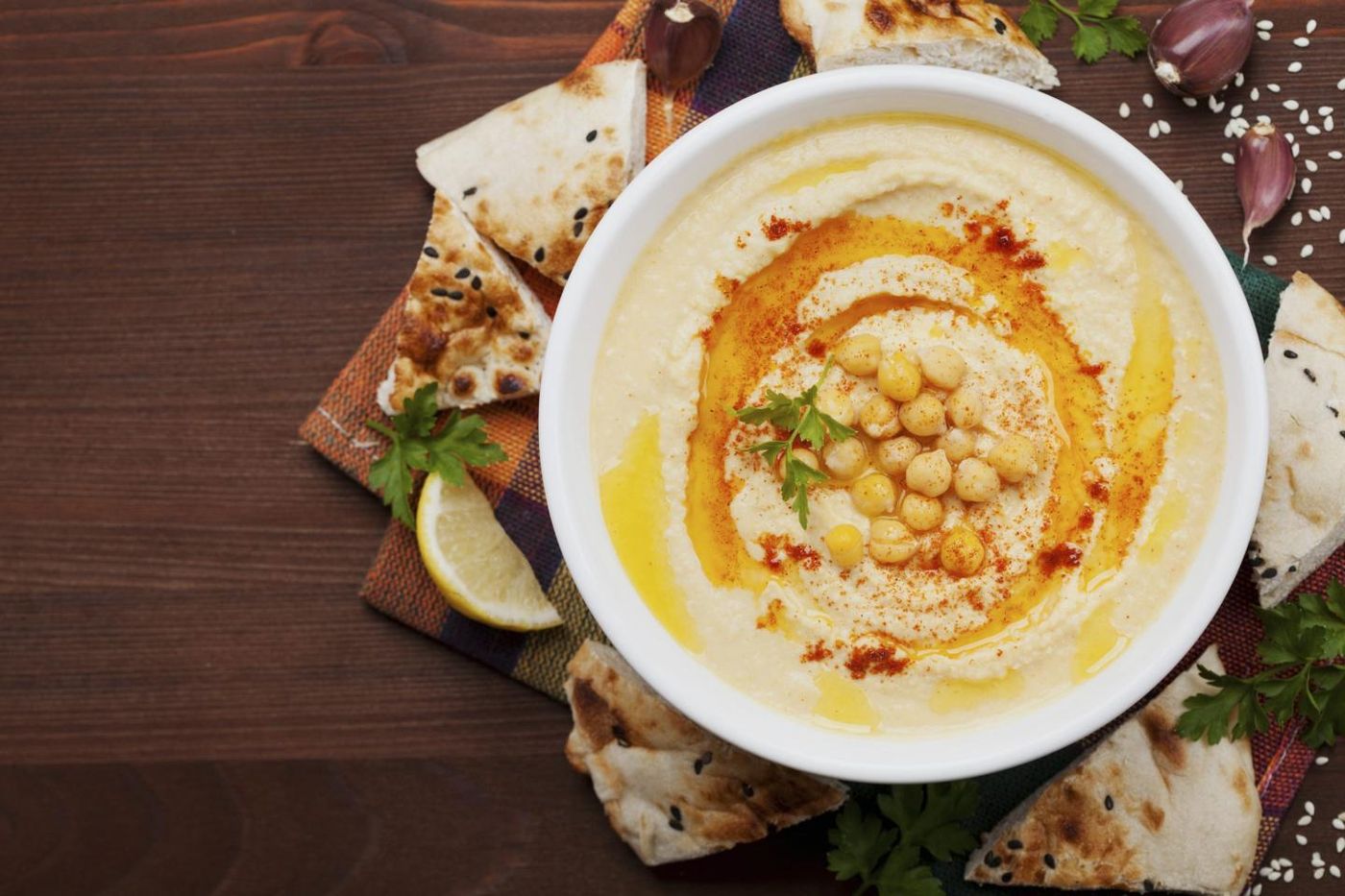
There must be something about middle-eastern cuisine that makes it such a global rage. In India too, middle-eastern wonders like shawarma, falafel, hummus have found their own niche and lovers in the food circuit. One of our favourite Levantine imports is hummus; the chickpeas-based dip or spread that has become a party staple of sorts. Whether being a part of the multifarious Lebanese platter dominated by meat and salad or an accompaniment to pita bread; hummus always manages to shine bright. It is the perfect recipe to whip up on days when you are looking to go light but not exactly bland and boring. It is rich; it is creamy and enhanced with just the right amount of flavour (courtesy the pungent garlic and zesty olive oil) to spruce up our day without adding much to your calorie load. Hummus is made using mashed chickpeas or other beans, tahini, olive oil, lemon juice, salt and garlic.
Health experts and nutritionists across the world cannot stop gushing about the delicious dip too. About chickpeas, ‘Healing Foods’ by DK Publishing notes, “Beyond their fibre content, chickpeas may also be good for bone health. They are rich in manganese, which helps build bones and is necessary for healthy bone structure. Calcium, phosphorous, and magnesium are vital bone-healthy minerals that are present in it. The fibre in chickpeas has been shown to help reduce levels of HDL cholesterol.”
Traditionally, chickpeas form the base of hummus but you can choose to skip that and experiment with many variations too. Other pulses such as white and black beans and even vegetables like peas and zucchini can be put to use to make your exclusive bowl of hummus. In terms of herbs and spices too, you can play around with cumin, chillies, sumac, parsley, basil, coriander, etc.

With barely any room for error, making hummus is actually not that tough. However, there are some tips you would want to keep in mind before you try your hands on making the tasty and authentic dip.
Here are some tips to make the perfect hummus:
1. For perfect hummus, soak the chickpeas a night before in a pot at room temperature.
2. Once they are well-soaked, drain the chickpeas into a strainer. Keep the reserve liquid, you may need it later.
3. If you have enough time on hands, pinch the skin from each of the chickpeas. Doing so would give you a smoother hummus. You can go ahead with the skins on too if you are pressed for time.
4. Next put the chickpeas, sesame seeds, a squeeze of lemon juice, garlic, salt, and pepper in a blender and mix. Add olive oil gradually and mix again.
5. Blend until smooth. Keep scraping the sides of the blender and process again until you get your desired consistency.
6. Pour a bit of the reserve liquid you got after straining the chickpeas, if you think the hummus is turning too dry.
7. Take out the hummus from the blender in a bowl. Garnish it with olive oil to make it creamier and top it with some paprika. Serve it with pita bread and sauteed veggies.

With barely any room for error, making hummus is actually not that tough
Here’s a creamy and rich recipe of hummus by Chef Poonam Gupta that you could try making at home.
[“source=food.ndtv”]
